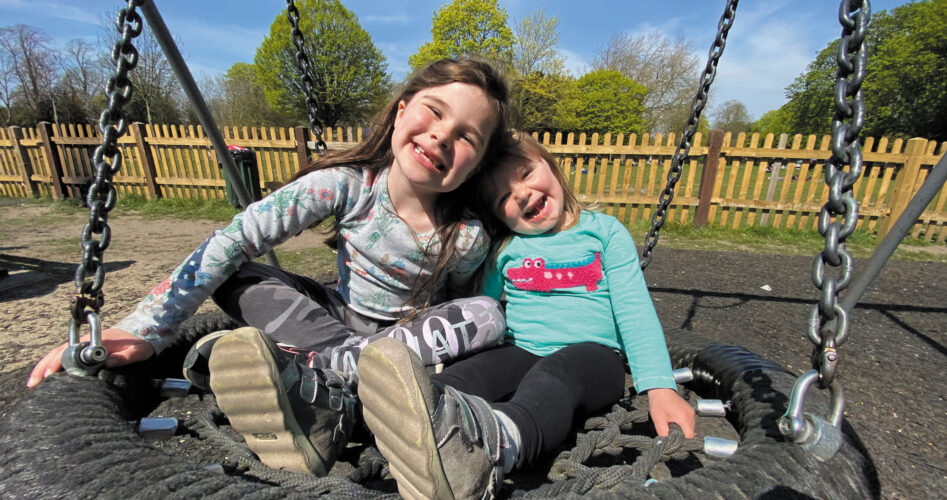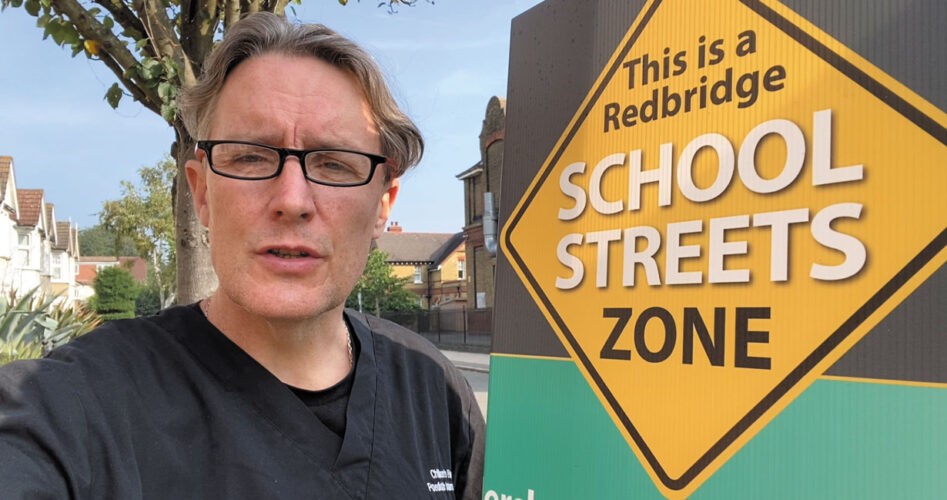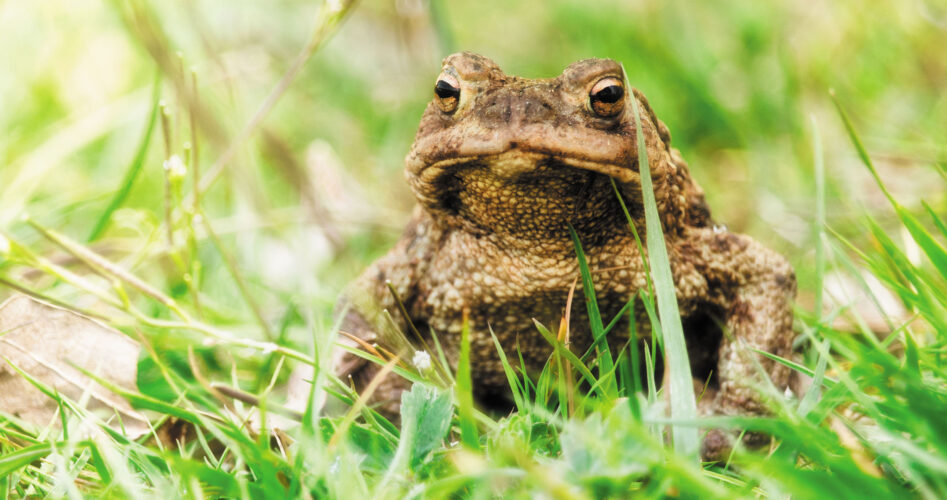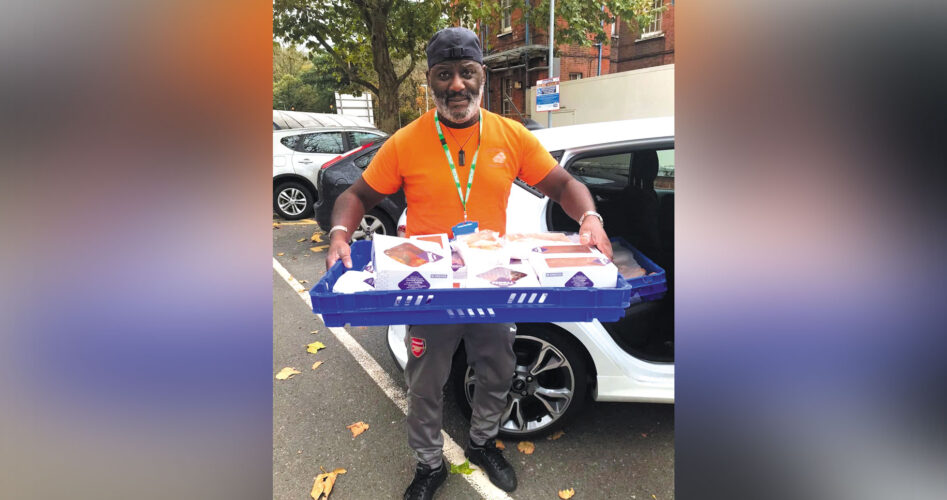As the Wanstead Historical Society celebrates its diamond jubilee, Denis Keeling looks back at the life and work of the Society’s founder, Jack Elsden Tuffs, and looks forward to a new programme of talks
The Wanstead Historical Society was founded in 1961 to promote a greater interest in Wanstead’s history. The founder and first chairman was Jack Elsden Tuffs (1922–1978), and this remarkable man is at the centre of our diamond jubilee celebrations.
Jack is mainly remembered for his book The Story of Wanstead and Woodford from Roman Times to the Present – which is illustrated by his own artwork and was published in 1962 – and for his excavations in Wanstead Park undertaken between 1947 and 1972, which sought to discover the site of a Roman villa and unearth its long-lost mosaic pavement. He made great progress in doing so, unearthing examples of Roman roofing tiles, hypocaust flue tiles, nails and pieces of tesserae, but failed to discover an intact part of the mosaic pavement, a goal which has eluded all subsequent excavations up to the present day.
Jack was known not just for his expertise, but for his ability to enthuse and motivate others to help with his projects and to promote interest in Wanstead’s history among the wider local community. He was particularly adept in his use of the media.
However, local history and archaeology did not exhaust his energy. He was also an accomplished artist, poet, musician, genealogist, dowser and conjurer, with his much-valued membership of the Magic Circle. He wrote the book on conjuring in the Teach Yourself series and delighted local audiences with his tricks.
We still follow Jack’s example all these years later. In our annual papers, we publish research of permanent value which adds to our understanding of many aspects of Wanstead’s past. At our monthly meetings – held in the Churchill Room at Wanstead Library on the first Monday of the month from September to May – we enjoy a variety of talks on historical topics. Chaired by Doreen Golding BEM, herself a local celebrity, these are very popular, and their quality, together with the friendly atmosphere, attract many visitors.
To celebrate our 60th anniversary, a special meeting will be held at Wanstead Library on 1 November, including a talk entitled A Stroll Around Snaresbrook by Lynn Jones, which will explore the history of local buildings and the development of the area. Next month, we welcome Jef Page, who will be explaining the story behind William Hogarth’s painting The Assembly at Wanstead House. And in 2022, our talks will include a look at the tithe maps of Redbridge and the history of Wanstead Flats.
Wanstead Historical Society’s 60th anniversary meeting will be held at Wanstead Library on 1 November from 8pm (visitors: £3). Call 07949 026 212 or visit wnstd.com/whs













